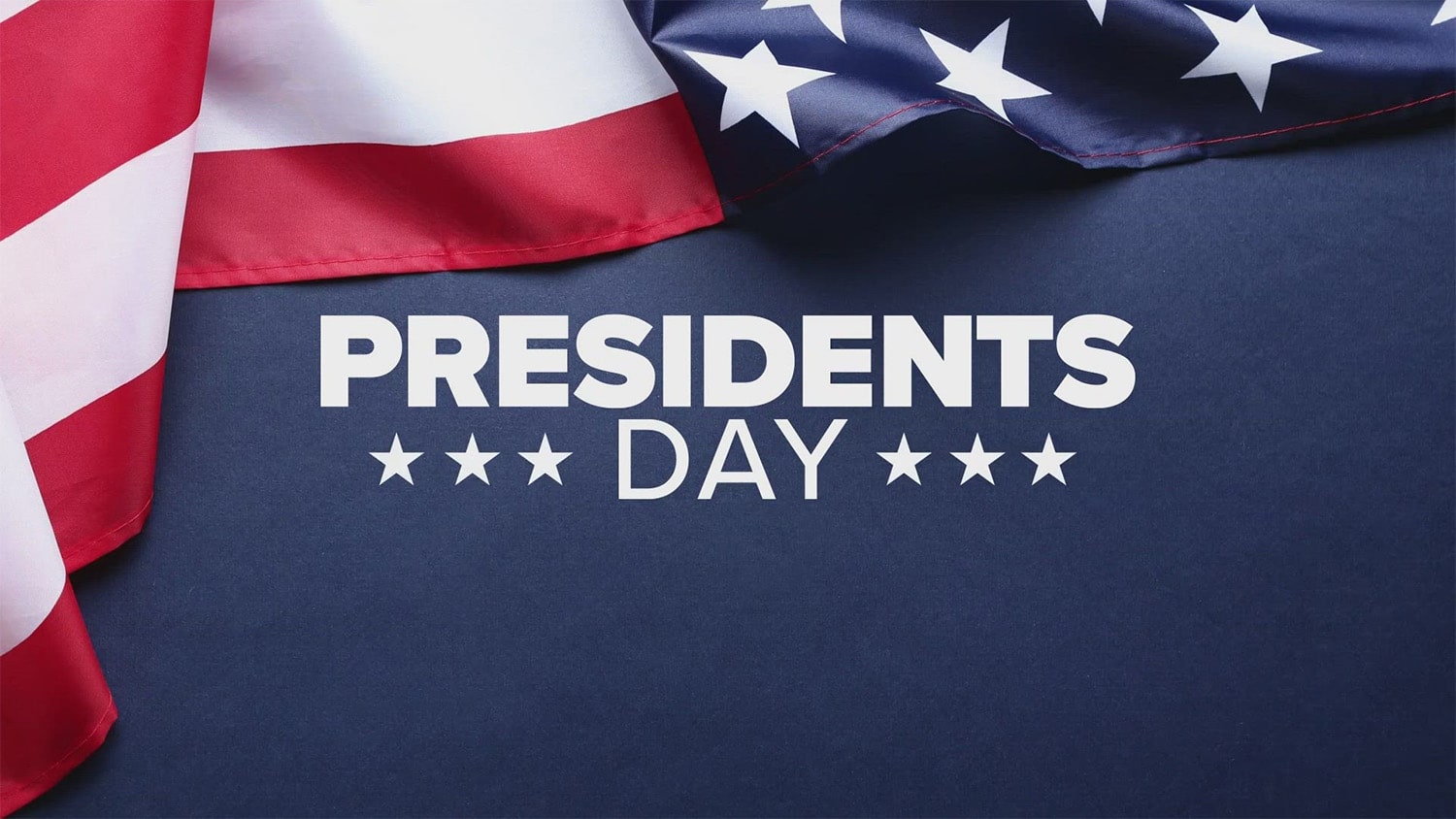
26 interesting facts about Presidents’ Day
- 👁️ 283
Presidents’ Day, celebrated in the United States, is a federal holiday that honors the lives and achievements of all American presidents. Originally established to recognize the birthday of George Washington, the country’s first president, the holiday has evolved to celebrate the legacy of all U.S. presidents. It falls on the third Monday of February and is often associated with patriotic pride and a reflection on American history. Over time, Presidents’ Day has also become known for shopping sales and deals, but its historical significance remains at its core. Here are 26 interesting and informative facts about Presidents’ Day that delve into its origins, traditions, and unique aspects.
- Presidents’ Day was initially established in 1885 to celebrate George Washington’s birthday.
- The holiday was originally celebrated on February 22nd, Washington’s actual birthday.
- In 1971, the Uniform Monday Holiday Act moved the celebration of Washington’s birthday to the third Monday in February.
- While commonly known as Presidents’ Day, the federal holiday is officially designated as Washington’s Birthday by the United States government.
- The shift to the third Monday in February means the holiday never actually falls on Washington’s actual birthday.
- Some states choose to honor both George Washington and Abraham Lincoln, whose birthday is February 12th, on Presidents’ Day.
- The day is also popularly viewed as a time to celebrate all U.S. presidents, past and present.
- Alabama celebrates Washington and Thomas Jefferson (who was born in April) on Presidents’ Day, rather than Lincoln.
- In Massachusetts, the state officially recognizes the holiday as “Washington’s Birthday,” but also honors the birthdays of all presidents from the state on the same day.
- The day is marked by public ceremonies, wreath-laying at historical sites, and educational programs about presidential history.
- Presidents’ Day is often celebrated with patriotic displays and the flying of the American flag.
- Many schools and educational institutions use the week of Presidents’ Day to teach students about the accomplishments of the presidents of the United States.
- The holiday has become a significant time for retail sales and promotions, similar to Black Friday.
- Some historical reenactments, particularly of events related to George Washington and other founding fathers, take place on Presidents’ Day.
- The U.S. Senate observes a tradition of reading George Washington’s Farewell Address on his birthday.
- There is no universal agreement on the apostrophe placement in “Presidents’ Day,” leading to variations such as “Presidents Day” and “President’s Day.”
- The holiday offers a reminder of the president’s role as both the head of state and government in the U.S. political system.
- Presidential libraries and museums often host special events or free admission on Presidents’ Day.
- Despite the holiday’s focus on the presidency, it also serves as an occasion to discuss civic responsibility and national identity.
- Mount Rushmore, featuring the carved faces of four presidents, is a popular patriotic symbol associated with Presidents’ Day.
- The New York Stock Exchange and other financial markets are closed on Presidents’ Day.
- Parades and other community events are common ways of celebrating Presidents’ Day across the country.
- Presidents’ Day is one of the few holidays that celebrate a political figure in the United States.
- The holiday is also a popular time for Americans to visit presidential historic sites and monuments.
- In addition to celebrating presidents, some view the holiday as an opportunity to reflect on the power and responsibilities of the presidency.
- Although it’s a federal holiday, individual states have the power to designate it under different names and extend the celebration to include other presidents besides Washington.
Presidents’ Day serves as a time to honor and reflect on the leadership and legacy of those who have held the highest political office in the United States. From its origins as a celebration of George Washington’s birthday to its current status as a day to recognize all U.S. presidents, the holiday encapsulates the nation’s history and democratic values. It reminds Americans of the significant impact that presidents have had on the country’s direction and the global stage, encouraging a deeper understanding of presidential history and the functioning of the U.S. political system.
Presidents’ Day, celebrated in the United States, is a federal holiday that honors the lives and achievements of all American presidents. Originally established to recognize the birthday of George Washington, the country’s first president, the holiday has evolved to celebrate the legacy of all U.S. presidents. It falls on the…